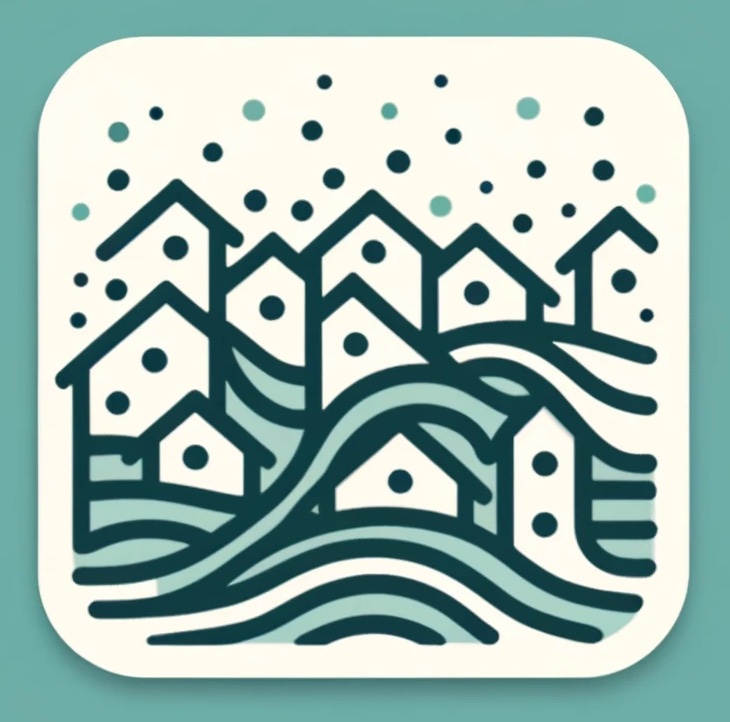I didn’t grow up in a shtetl or with a tribe and it’s probably safe to assume you didn’t either. That’s the easiest community: the one you’re born into. The world has largely moved on from that model, but still, it’s jealousy more than generational nostalgia when we look at often poor, close-knit groups of people living together and think they’re happier than we are.
In 2023 the Surgeon General of the United States called loneliness an epidemic. But fixing the problem on an individual level is more complicated than just putting down your cigarette or adding broccoli to the dinner rotation. Fixing the problem on a societal level… well, we generally seem to be going in the opposite direction, and I don’t think folks in business school are saying “You know where we could really make some money? Community building.”
Various flavors of community have glued people together through the ebbs and flows of capitalism: religions, unions, inner cities. None seem to work as well as they once did. But as capitalism gets more efficient, it erodes the world of unpaid labor: daycare starts early and we hire babysitters, we have meal prep and delivery services, and hire cleaners if we can afford them. While it is generally positive that previously unpaid forms of labor are now compensated, community is largely an unpaid endeavor. It is also an amorphous, holistic concept without an easy “service economy” solution. It’s the time you spend together when you’re not getting paid.
Efficient capitalism also affords people the luxury of mobility. Community takes time to build and time to sustain, so the more you move, the less you’re likely to have it. How can you argue with a better job in an a new place? And thus community falters.
Some of us make an exerted effort, usually coming by community piecemeal. It can be quite fulfilling: dance or other sports groups, choirs, volunteering. But all of these activity-based communities were vulnerable under the imposed separation of COVID. It speaks to both the enormous effort of community and the tenacity of humans that groups and events have come back. If you were part of any group like this, you’ve seen how recovery is slow and rebuilding hard-won. Things are not the same.
Activity-based community can and should be a part of almost everyone’s life, but is it wrong to look for something more? Especially when you don’t know whether it exists, and if, it does what it looks like?
It might be time to reexamine the concept of place-based community in our lives. That is what Hamlette will focus on. Not just “intentional communities” but communities that are formed around where you are. Place-based community offers a lower barrier to entry for socializing. Some of us might be up for sharing our whole lives and livelihoods through an egalitarian community, a Village is more reasonable and attainable for many.
Thousands of place-based communities exist across the US and around the world, but we are in need of so much more: more options, more accessibility, more variety. It is important to know what’s out there, what you can find and join today. It is also important to know what you can emulate and how to adapt existing models and ideas to grow new and stronger communities. Hamlette aims to provide resources to make it easier to create, sustain, and strengthen place-based communities of all kinds.
